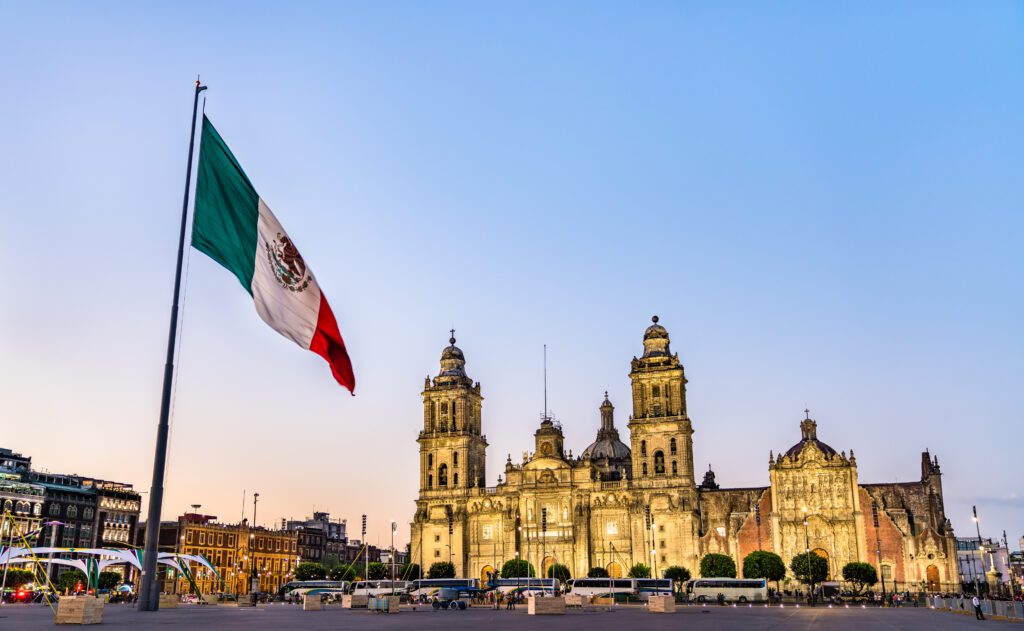Banks in rural Mexican communities may soon be able to receive cross-border payments from the U.S., thanks to a new initiative from the Interledger Foundation and the People’s Clearinghouse. The organizations have announced a plan to streamline cross-border payment capabilities to the 140 community banks that are members of the Mexican Association of Social Sector Credit Unions.
The People’s Clearinghouse, a tech platform serving community banks and credit unions in Mexico, aims to connect rural financial institutions to the national payments system and hopes this initiative will serve as a blueprint for global deployment, benefiting other underbanked populations. The Interledger Foundation, a global nonprofit advocating for open, interoperable payment solutions, will facilitate the money transfers using its Interledger Protocol. It partners with Mojaloop, a coalition of nonprofits building a real-time digital payments system for developing countries that’s backed by the Bill and Melinda Gates Foundation. Mojaloop’s instant payments infrastructure translates from the ILP language to whatever language each community bank is using.
The project is expected to go live in the first half of 2025. It will initially serve more than half a million Mexican banking customers—210,000 at community banks and 300,000 at savings co-ops.
U.S.-based Mexicans have long been forced to use private money transfer services to send cash back to Mexico. These services often entail high fees, high minimums, and long wait times to receive funds. Additionally, many of Mexico’s community banks don’t have the clearing and transfer systems necessary to deposit funds directly into recipients’ accounts. The new service aims to provide an alternative to this process.
Trailing Other Latin Nations
Other Latin American nations have had success with cross-border payments. Brazil’s Pix recently announced that it would allow Brazilians traveling abroad to use Pix at participating stores and let foreign nationals within Brazil make Pix transactions.
However, Mexico has faced a tepid reception for CoDi, its instant payment system based on QR codes, partly because the Mexican government has done little to promote it. As a result, financial institutions have been looking for ad hoc ways to facilitate payments, especially cross-border transactions. One example is an initiative from Mexico’s Nubank, announced last year, to send money across the border through WhatsApp.
